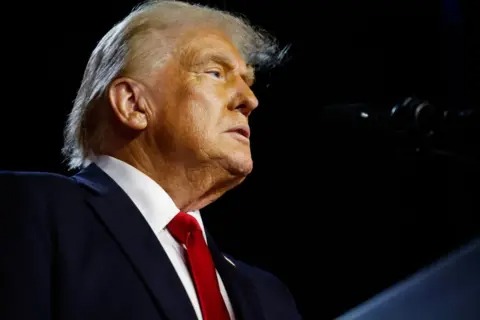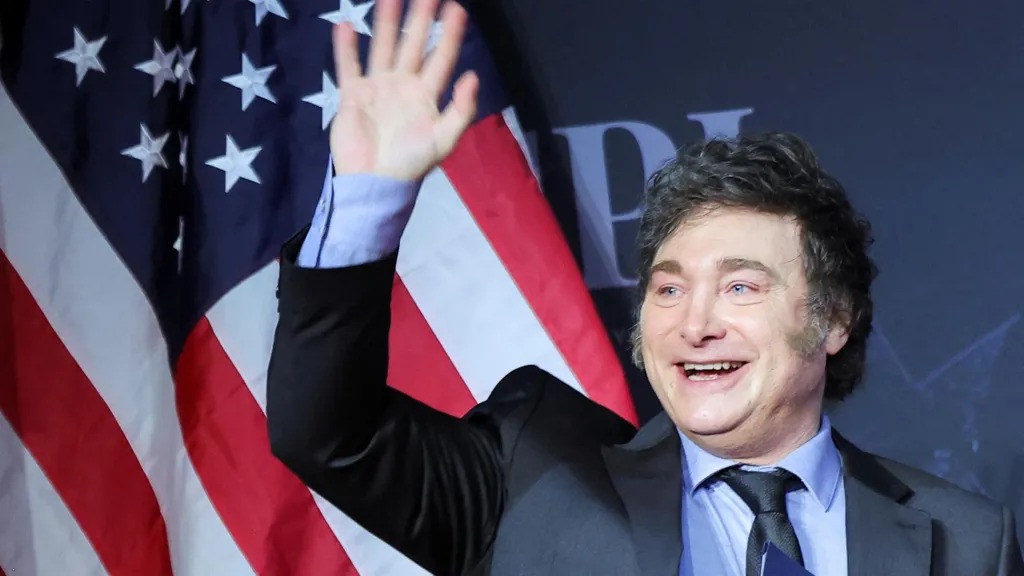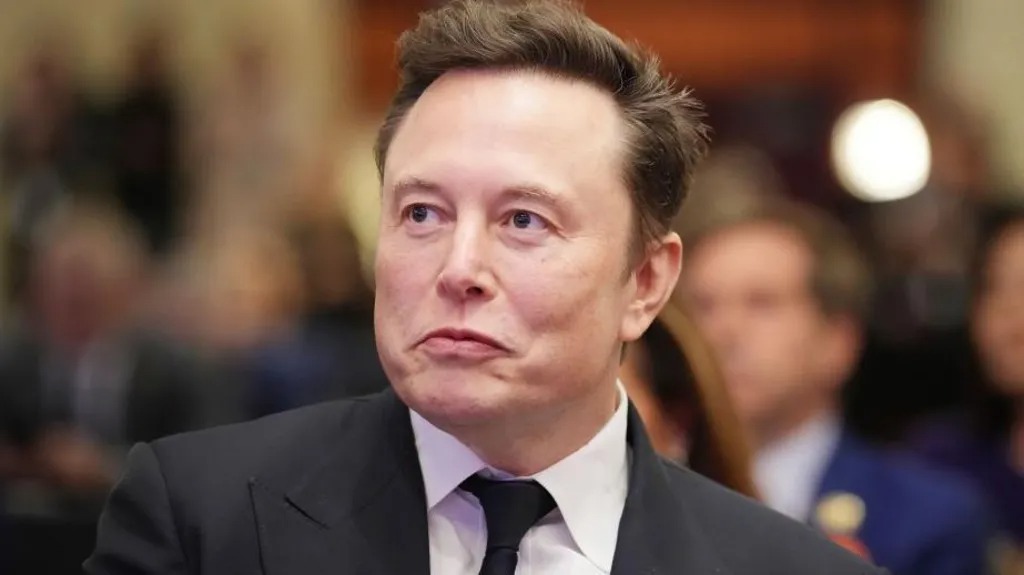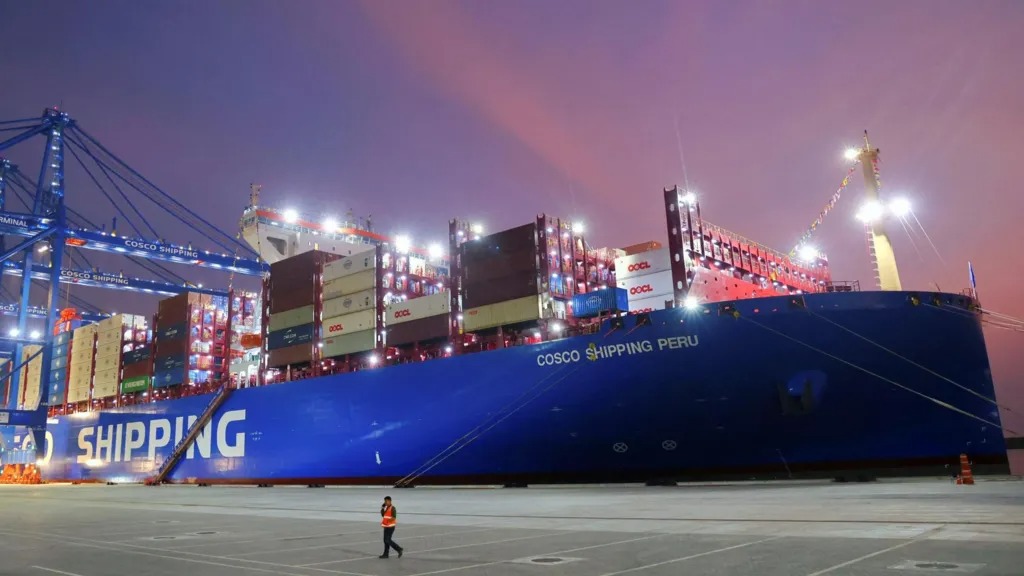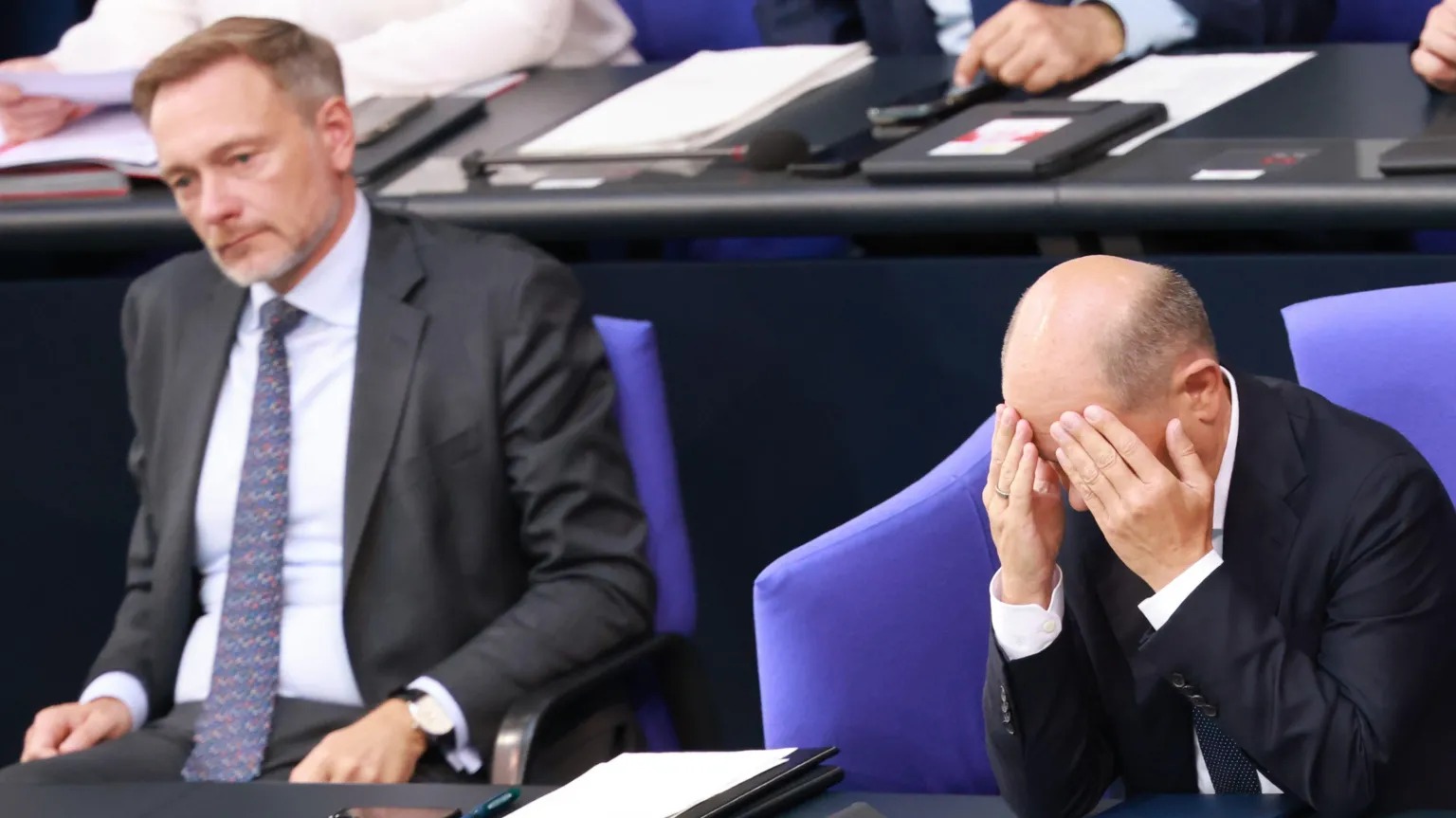
German Coalition Collapse After Scholz Fires Minister
German coalition collapse has left the country’s government in turmoil following Chancellor Olaf Scholz’s dismissal of Finance Minister Christian Lindner. The move signals a major rift within Germany’s ruling coalition, plunging Europe’s largest economy into political instability. Scholz announced that he would call a confidence vote early next year to determine the government’s future.
This coalition, known as the “traffic-light” coalition and composed of the Social Democrats, Free Democrats, and Greens, has governed Germany since 2021. Scholz, the Social Democrat leader, said that he could no longer trust Lindner, whose pro-business Free Democratic Party opposed key budgetary reforms, leading to internal tension that ultimately caused the coalition to collapse.
Key Events Leading to the German Coalition Collapse
The collapse of Germany’s coalition stems from a dispute over the 2025 budget. Scholz and the Greens proposed loosening the debt brake to allow more spending for social and defense programs, while Lindner’s Free Democrats favored strict budget cuts to balance the budget and reduce welfare spending. Scholz described Lindner’s stance as prioritizing party interests over the nation’s needs, leading him to fire the finance minister.
This internal conflict forced Scholz to act decisively to maintain leadership, though he now heads a minority government, which could lead to a no-confidence vote and early elections. President Frank-Walter Steinmeier urged all parties to focus on national interests, describing the moment as one that requires “reason and responsibility.”
External Link: More on Germany’s political developments at BBC
Internal Link: Read more on economic policies in Germany at Kenkou Land
Confidence Vote and Potential Early Elections
Scholz has set a confidence vote in the Bundestag for January 15. If he fails to secure enough support, Germany could face early elections as soon as March. Opposition leaders, including Friedrich Merz of the Christian Democrats (CDU), argue that the vote should happen sooner to avoid prolonged instability. With the CDU leading in polls, Merz has openly called for new leadership, stating, “Germany cannot afford a government without a majority for months.”
Next Steps and Economic Implications
To address economic challenges, Scholz will govern alongside the Greens, with Jörg Kukies replacing Lindner as finance minister. This new appointment underscores Scholz’s focus on budget reforms to support Germany’s economy amid growing concerns across Europe.

